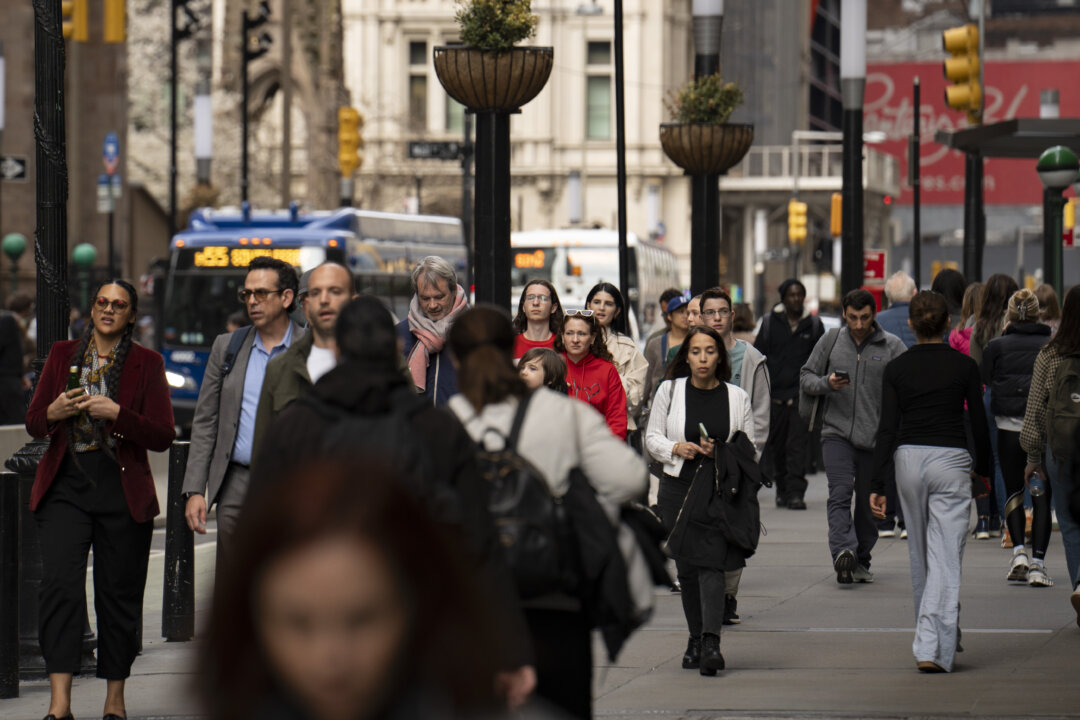The increase in global human development expected in 2025 is the lowest since 1990, when the measurement started.
Human development has declined to a 35-year low, the latest United Nations Development Programme (UNDP) said, encouraging nations to explore new ways to drive positive change.
The UNDP noted that the small increase in global human development expected in 2025 is the lowest since 1990, when the measurement started.
The 2025 Human Development report, titled “A Matter of Choice: People and Possibilities in the Age of Artificial Intelligence (AI),” calculates the Human Development Index (HDI) for each country using three key factors—life expectancy, years of education, and gross national income.
From 1990 to 2023, the Asia-Pacific region showed some of the fastest improvements in human development, with both East Asia and the Pacific and South Asia increasing their HDI value by over 50 percent.
However, the latest HDI reveals a global trend: progress is slowing across every region, and, for the fourth year in a row, the gap between low and very high HDI countries has widened.
“For decades, we have been on track to reach a very high human development world by 2030, but this deceleration signals a very real threat to global progress. If 2024’s sluggish progress becomes ‘the new normal,’ that 2030 milestone could slip by decades—making our world less secure, more divided, and more vulnerable to economic and ecological shocks,” said Achim Steiner, UNDP administrator.
Countries with the lowest HDI scores are facing challenges, driven by escalating trade tensions, a deepening debt crisis, and the rise of jobless industrialisation—factors that severely hinder their development prospects.The UNDP’s survey shows that 50 percent of respondents worldwide assume that their jobs are at risk of being automated, while 60 percent believe that AI will create new jobs. On the other hand, 13 percent are worried about job losses due to AI.
Meanwhile, 70 percent of those surveyed in countries with low to medium HDI think that AI will enhance their productivity.
“As AI continues its rapid advance across so many aspects of our lives, we should consider its potential for development. New capabilities are emerging almost daily, and while AI is no panacea, the choices we make hold the potential to reignite human development and open new pathways and possibilities,” said Steiner.
Two thirds expect that it will be used in education, health, or work by next year, emphasising the need to close electricity and internet gaps. One in five survey participants said they are already using AI.
“The choices we make in the coming years will define the legacy of this technological transition for human development,” said Pedro Conceição, director of UNDP’s Human Development Report Office.
Moreover, the report underscores the need to modernise education and healthcare systems to meet the demands of the 21st century.

